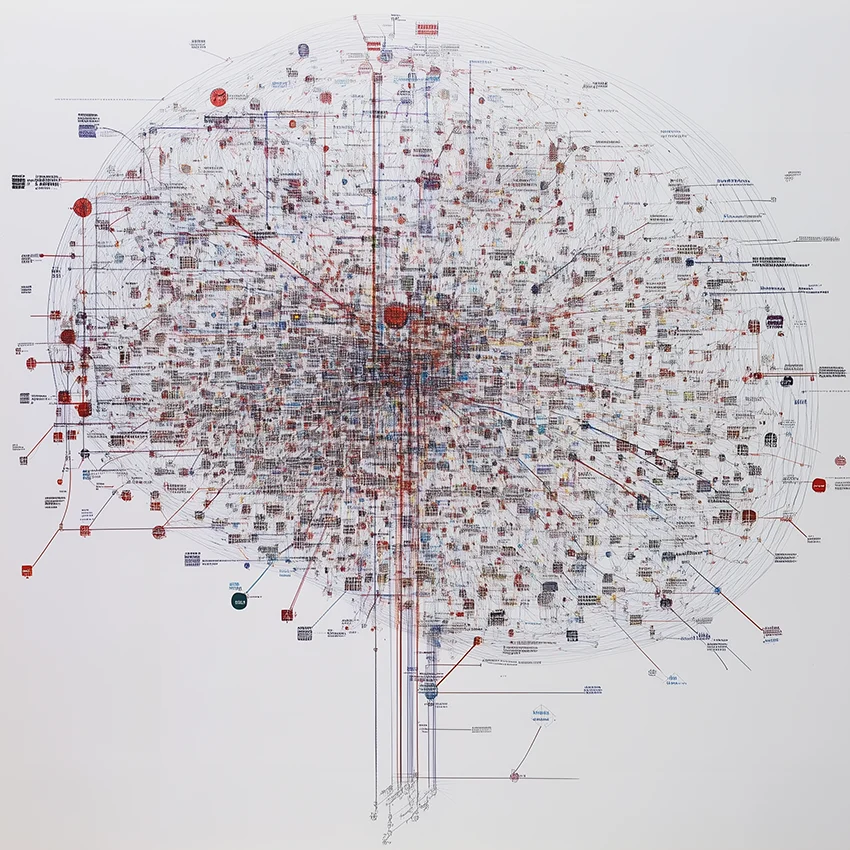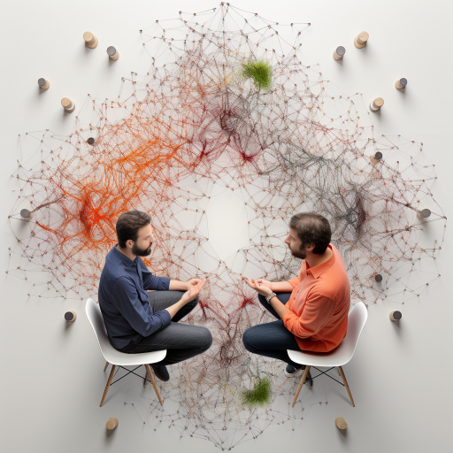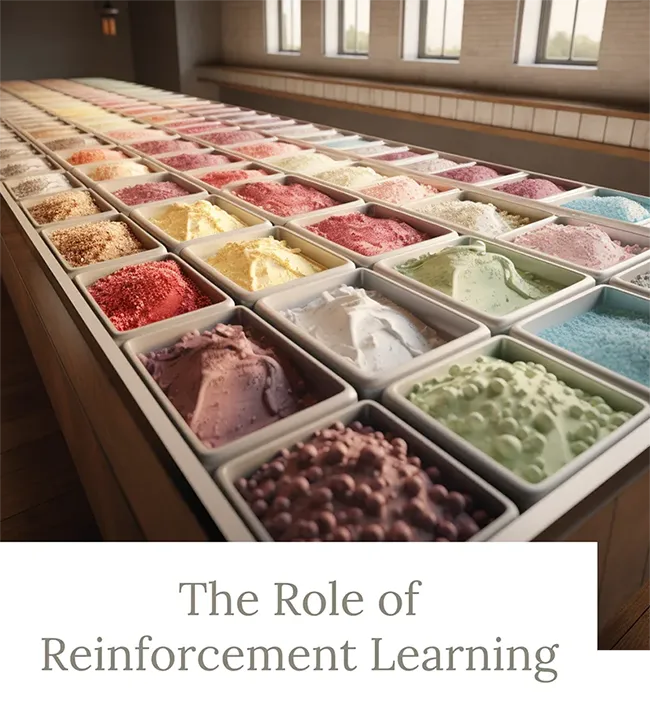-
ChatGPT Doesn’t Think. It Just Guesses the Next Best Word.

Isn’t that what we…? ChatGPT and LLMs (Large Language Models of which ChatGPT is an exemplar) have taken the world by storm and triggered a hype cycle equivalent to the original dot.com boom. Almost everyone has tried ChatGPT (200 million active users and counting), and EVERYONE has seen the results of LLMs just by using…
-
Do We Have Stable Dispositions?

“Everything is much more complicated. At every moment it is much more complicated. ‘They got married because they fell in love and wanted to share their life’…’he lied because he didn’t want to hurt’. What ridiculous stories! We are stratified creatures, creatures full of abysses, with a soul of inconstant quicksilver, with a mind whose…
-
Materialism and the Void: The Emptiness at the Heart of Modern Culture

Our culture provides such extraordinary opportunities for rich and interesting lives that it is hard to understand how we mostly end up doing so poorly. Our problem is not opportunity, it is execution. And when it comes to building a good life, not just giving us the tools for it, our culture often works against…
-
Intelligent Virtue and the Beauty of Modern Virtue Theories

Virtue theory is the flip side of transformative experience. Though L.A. Paul’s Transformative Experience concentrates on rationality theory and choice optimization, the implications of transformative experience lead directly to some form of virtue theory. If you are choosing between experiences that will change who you are (like going to college or enlisting), you need some…
-
Apollo, the X-Prize and the Art of Making Better People

I’ve been listening to Julian Guthrie’s “How to Build a Spaceship” which tells the story of the X-Prize, the $10 million prize that helped kickstart the private space industry and transform the space program. It’s a compelling story with dozens of fascinating people, from Burt Rutan and Paul Allen (who ultimately won the prize) to…
-
Longtermism: A Lot Less Rational Than It Might Seem

In What We Owe The Future, William MacAskill presents the case for longtermism, the idea that we should place much more moral weight than we do on the very long-term future. It’s an intriguing book, well and clearly written, with interesting things to say about issues as diverse as AI, the value of having children,…
-
Cognitive Science, Decision-Making and Ethics

Everybody loves a good debate about the mystery of consciousness. Physicists get to invent quantum mechanical explanations of macroscopic phenomena. Humanities folk get to poo-poo the evils of reductionism. Journalists can trot out their full repertoire of both scientific and ethical cliches. Everybody gets to argue. There are good working theories of consciousness that are…
-
Words Fail Us – Language and Rationality

“Strange to wander in the mist, each is alone. No tree knows his neighbor. Each is alone.” Hesse Cognitive science can’t settle questions of right and wrong. But it can set the table for theories of rational decision-making and ethics. And the one thing we know for sure about how we think is that, at…
-
The Role of Reinforcement Learning in Transformative Decision-Making

Cognitive science can’t settle questions of right and wrong. But it can set the table for theories of rational decision-making and ethics. And the one thing we know for sure about how we think is that, at the most fundamental level, our brains are connection systems that are changed by experience.This matters; transformational experiences and…

